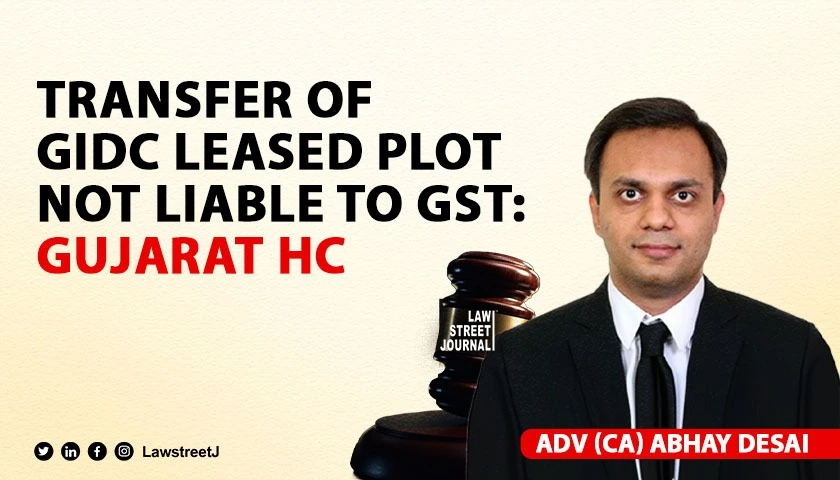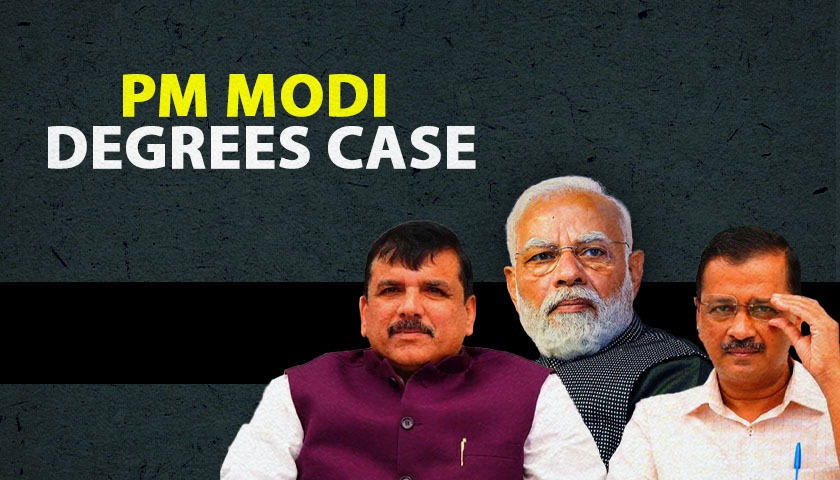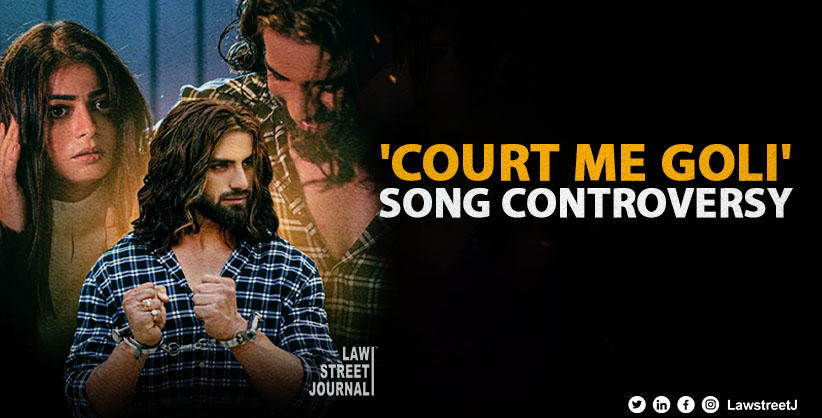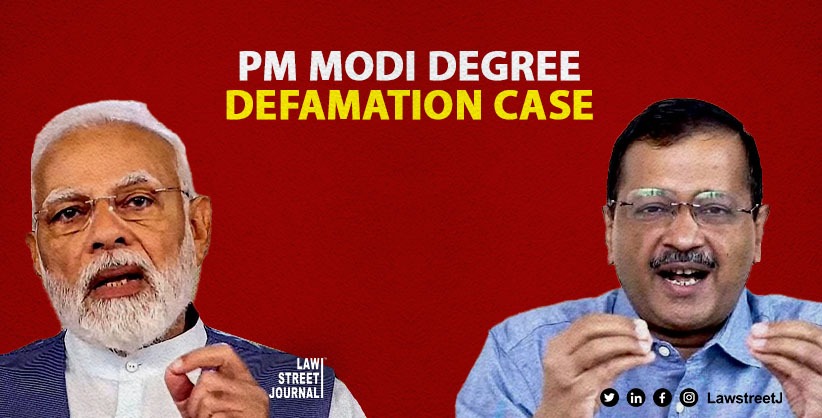Gujarat: The Gujarat High Court, in the case of Tirth Agro Technology Pvt Ltd vs Union of India (SCA No 11630/2023), has ruled that the transfer of leasehold rights in a plot allotted by the Gujarat Industrial Development Corporation (GIDC) is not liable to Goods and Services Tax (GST). This ruling also addresses a key amendment concerning the formula for determining eligible refund amounts under Rule 89(5) for inverted rate refunds under the GST framework.
The Court held that Notification No. 14/2022, which corrects the formula for calculating eligible refunds, will apply retrospectively. The Court noted that the amendment is curative and clarificatory in nature, thereby making it applicable to earlier periods.
Additionally, the Court quashed Circular No. 181/22 dated 10.11.2022, which had stated that the amendment was not clarificatory in nature, clarifying that the correction is indeed of a clarificatory nature.
The ruling further directs the authorities to release the incremental refunds due to the petitioners within a period of three months from the receipt of the Court’s order. The primary issue in the case concerned the levy of GST on the assignment of leasehold rights to a plot allotted by GIDC, along with the construction of buildings by the assignee. The petitioners contended that such transfers should not be treated as a supply of service under the provisions of the Central and State Goods and Services Tax Act, 2017.
The Court also considered the challenges raised against the formula used to calculate refunds under Rule 89(5) of the GST Rules, which petitioners argued was ultra vires to Section 54(3) of the GST Act.
The petitioners claimed that the formula did not properly account for unutilized input tax credit attributable to input services and that it incorrectly adjusted the input tax credit against the output tax liability for the purpose of refund calculations.
Advocate (CA) Abhay Desai, representing the petitioners, argued that the formula under Rule 89(5) was flawed and resulted in undue delays in the release of refunds. His arguments centered on the retrospective application of the amendment and its potential to rectify the errors in the refund process. The Court agreed with these submissions, ruling in favor of the petitioners and instructing the respondents to release the relevant refunds within three months.
This decision serves as an important development in the legal landscape of GST and the taxability of land lease transfers, providing much-needed clarity on the issue and ensuring fair treatment for taxpayers seeking refunds.
The matter was argued by Adv (CA) Abhay Desai.







![Supreme Court Affirms Women's Right to Reproductive Choices as Central to Human Dignity [Read Order]](/secure/uploads/2023/08/lj_5007_Right_to_Reproductive.jpg)









